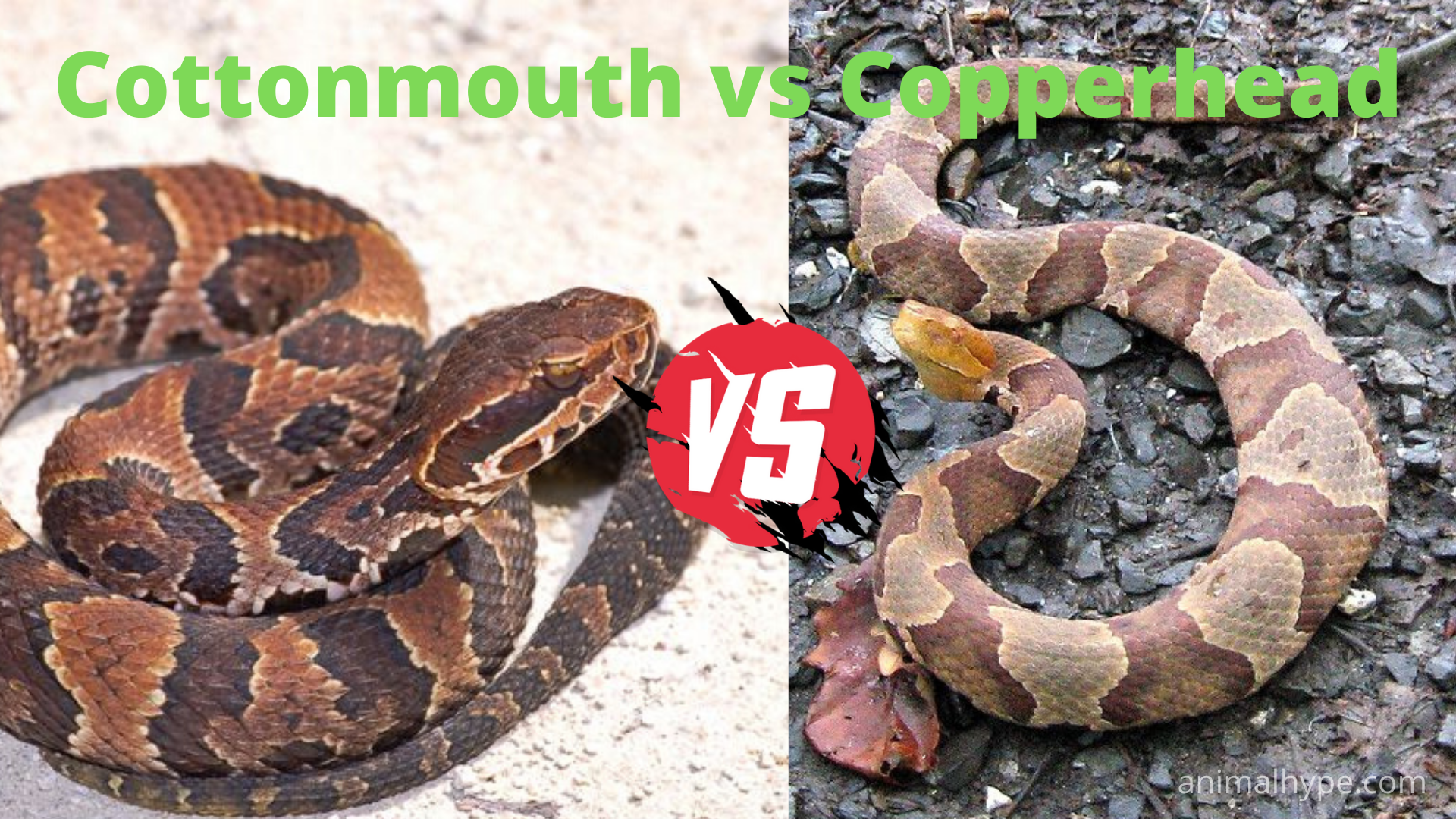Even though leopard geckos lack emotions, they react appropriately once they perceive a threat nearby. There are a few possible causes for your leopard gecko’s fear of you, and perhaps I can help you figure out what those causes are so you can deal with them so they won’t be terrified of you anymore. The most typical explanations are shown below after that.
Leopard geckos typically fear their owners after the homeowner has done anything to undermine their trust or after being placed in a new environment where they haven’t had enough time to become acquainted with everyone and everything in it.
Leopard geckos’ top priority is survival, hence they will resort to whatever means necessary to protect themselves from people and even creatures that are more comparable in size. It’s our responsibility to reassure them that they are secure and also that they are not in any danger, even though displaying indications of anxiety has kept them surviving in the wild. Here’s what you need to do to make it happen.
Allow Them To Get Used To Everything
A leopard gecko needs some time to adjust entirely to new surroundings, like you and I do. The main distinction that distinguishes them from us is that, whereas we may feel worried or anxious in unfamiliar settings, leopard geckos think the same way, but it’s because they perceive every new object as a possible threat to their very survival.
They will need some time to adjust to everything before they can get past these emotions. This involves acclimating to both their new environment and their owners. Fortunately, there are things you can do to help them get through this process more quickly.
These activities include interacting with them, feeding them, and ensuring that nothing you do puts them under any stress.
They may be quite anxious about moving to a location they’ve never been to, so please do your best to be kind to them. Keep in mind that with enough time, their entire disposition will change towards both you and the area they’re residing in.
Do Not Do Anything To Freak Them Out
Leopard geckos are adept at keeping their tank somewhat clean, but if there’s one skill they excel at, it’s picking up on negative interactions with particular items or people so they can learn what to avoid.
Even if you weren’t the one who directly caused their worry in the first place, if you’re doing or permitting things to occur near your gecko that might be stressing them out, they’ll probably associate that stressful circumstance with you.
For instance, if you have a cat or dog in the house and they try to get your leopard gecko by scratching at the tank, or if you have children who don’t know any better and reach into the top of your tank for your gecko, it could make your gecko generally very wary of everything around it, along with its owner even if the owner didn’t do anything.
Because of this, it’s crucial to ensure that any stressors are kept to a minimum both when you initially acquire them and throughout their ownership. Leopard geckos despise stress over all other things if there is anything.
Not just because it could make them dread you, but because it might also impair their immune systems. Thus, to avoid the possibility of encountering any of these problems, it is important to get rid of any potential stresses.
Make sure you’re not reaching in from above to catch your leopard gecko, which is another important point I want to make. Instinctively, when they can’t see you coming, they believe that your hand is a predator attempting to harm them. As a reaction, they will either run away, hiss or occasionally even bite you if they feel scared enough.
For them to notice when you are coming, I advise having a tank that opens up at the front. Extending in from the front is far preferable to reaching in from the top since it won’t come as big of a shock to them and you won’t risk their assaulting you or going on the defensive as a consequence.
I used to think it didn’t matter what kind of tank a leopard gecko was already in as long as it was big enough for them to fit in, but as the decades have gone by, it’s become a lot more sense to have only them in the tank that opens up from the front since it’s so much more advantageous than having one that just opens up from the top.
Do Not Be Forceful
The last thing you want to do when your leopard gecko is scared of you is to be overly aggressive with them. To make them more comfortable around you, you might be tempted to pick them up despite how terrified they are, raise their covers, or wake them awake. However, doing any of those things will put a great deal of stress on them and may impede your efforts.
A leopard gecko will open up to you at their own time, so even while you can cooperate with them and take all the necessary steps to convince them that you’re not a threat, there’s nothing you can do to influence that process other than to wait it out and be patient with them.
While some leopard geckos may become accustomed to you and your surroundings pretty quickly while others may take a little longer, it’s better to avoid rushing the process by asking them to do more than they are comfortable with.
Leopard geckos are no different from other living things in that they require time to overcome fears. It may thus take a bit longer than you’d want, but persevering will ultimately be rewarded when teaching children not to be frightened of you.
When working with your leopard gecko, exercise the same patience you would not just with others but also with yourself since sometimes it is far simpler to help a leopard gecko get over a phobia than it is even to educate a human to do so.
Leopard geckos do not have rational thought processes and just rely on instinct, thus it might be difficult to teach them to change a natural behavior, but it is possible without the owner applying any kind of force or pressure.
Conclusion
The fact that our leopard geckos defecate on us is simply the worst thing ever, yet we put up with it because we like and care for them so much. Thankfully, their feces are not the biggest or the tiniest in the world.
Even though it’s unpleasant to handle, cleaning it up afterward isn’t difficult—you only need to be sure to fully wash your hands. You should take extra precautions to ensure your safety by thoroughly washing and disinfecting your hands since leopard gecko excrement might get you sick.
If you’re not careful, you might put other people in your home in danger of getting sick, including any other pets you might have. Germs and germs can be passed from one object to another extremely quickly.
Apart from all of the unpleasantness, simply keep in mind to be very consistent while teaching them how to quit doing it. Even though you may not want to deal with it right now, the training will more than makeup for it after they stop peeing on you.
FAQ’s
Leopard geckos have good eyesight, but they mostly use scent to locate their owners.
Be on the lookout for geckos that have dull-colored skin, wriggle their tails, breathe fast, spend a lot of time in their hides, or exhibit these behaviors when touched.
Among the insectivores that sneakily hunt are leopard geckos. Given that these reptiles are native to dry, arid locations, it seems reasonable that they would have to go further to obtain any insects they desire to consume.
She may be a “hot female” if your leopard gecko’s female suddenly begins acting aggressively toward you and other geckos. Hot girls tend to be nasty and combative, in addition to attempting to bite you when they’re eating and having trouble becoming pregnant








